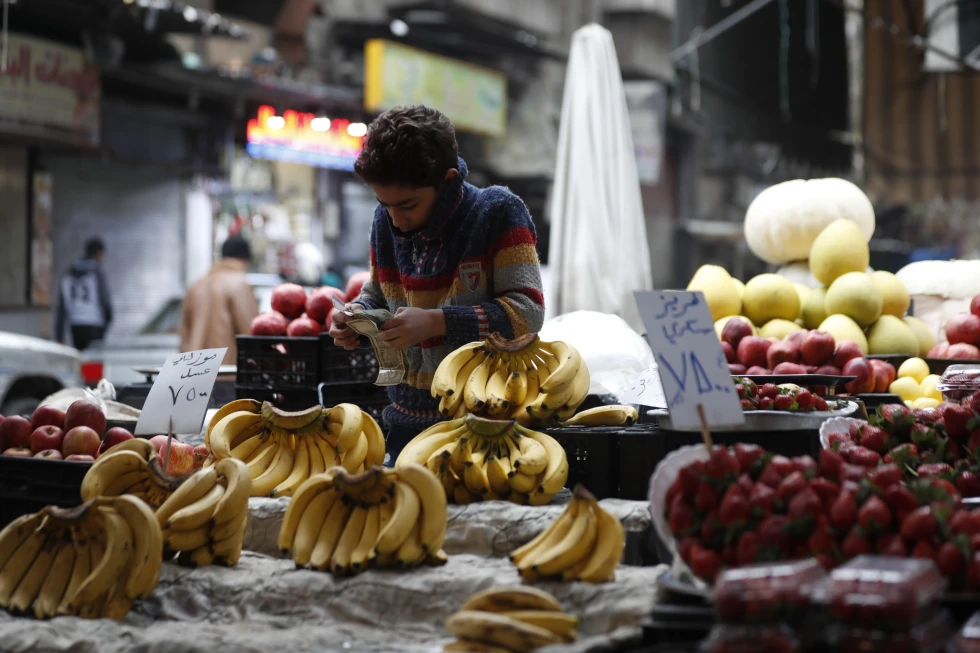Syrian President Bashar Assad on Wednesday doubled public sector salaries and pensions as the war-torn country’s currency continued to plummet, hitting a new annual low.
He announced the 2 decrees just before midnight on Tuesday, shortly after the falling Syrian pound currency against the US dollar fell to a new documented low, from 7,000 in early 2023 to 15,000 pounds to the dollar.
At the start of the conflict in 2011, the dollar was trading at 47 pounds.
For more than a year, Damascus has been reorganizing its subsidy program for gasoline, diesel for heating and bread.
At the launch of the reorganization plan in February last year, Syrian Prime Minister Hussein Arnous confirmed that the decision to reduce gas subsidies would help this system to focus more effectively on the most difficult (poor) families, as well as reduce the deficit of the Syrian State.
And yet, although wheat and bread subsidies were not affected, the motion sparked isolated protests across the country, as families struggled to cope with high inflation. Syria raised gas prices on Wednesday, shortly after Assad issued his decrees further reducing state subsidies.
“The country’s financial system is in a visible state of instability, mainly due to a rapid rise in the commercial rate,” Arnous told Syrian parliamentarians in a speech last month, during which he said that financing public expenditure through debt and central financing loans from financial institutions are basically not sustainable.
The last salary increase in Syria was in December 2021, when Assad increased civil servants’ salaries by 30%.
The wage hike could be a quick help for Syrians, but it could be short-term as the country’s economic situation continues to decline, Sam Heller, a researcher at New York-based thinktank Century Worldwide, told the Associated Press.
“It is likely that England will gas and consequently worsen the continued depreciation of the Syrian currency,” explained Heller.

